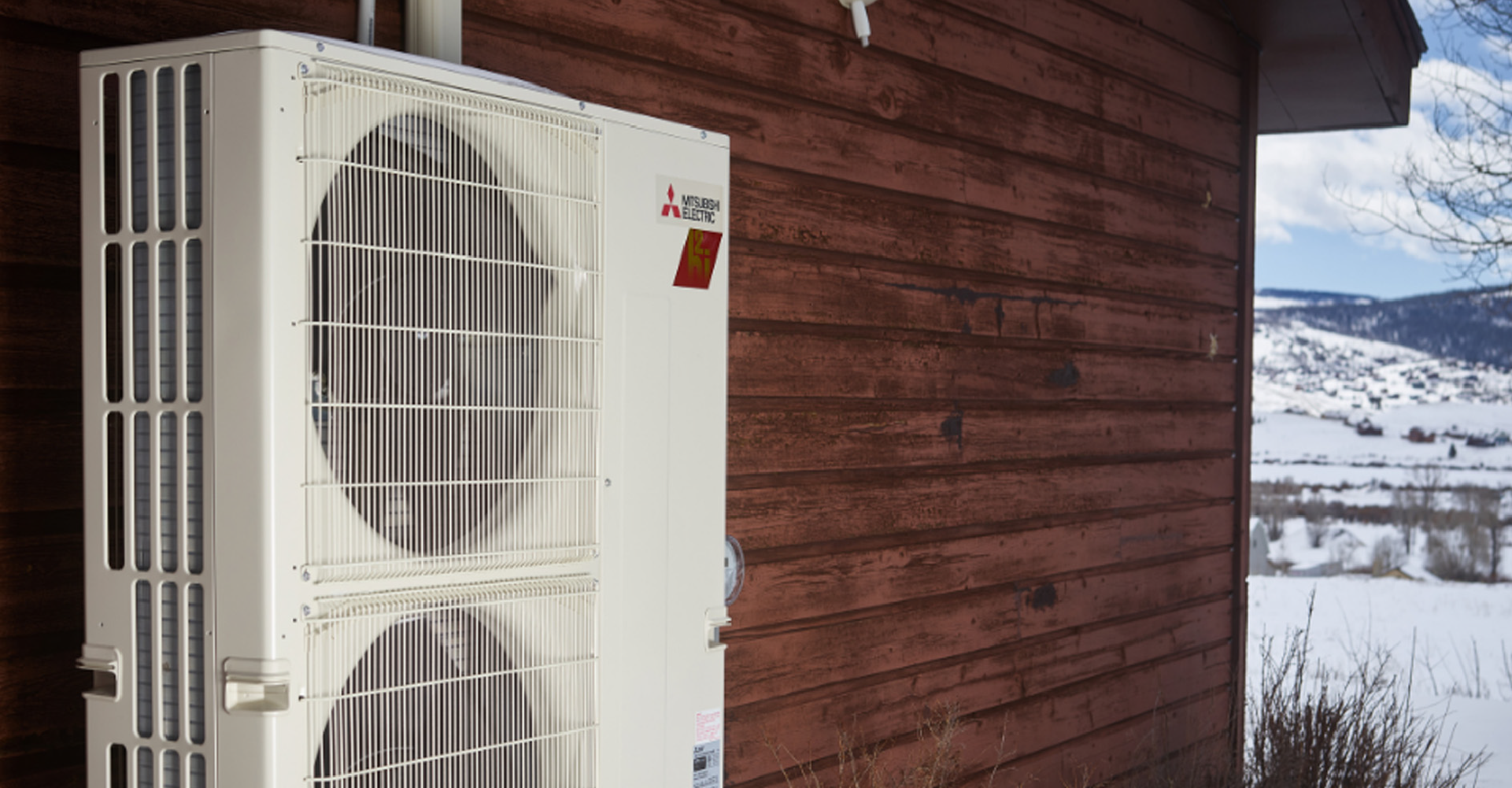Heat Pump Quality Install Training
Tri-State Quality Install (QI) training program covers the technology and technical advancements of electric heat pumps that offer efficiency, comfort and performance. Contractors can enroll in live webinars or schedule a three-hour training video and review. The program offers contractors $250 per install.

Contact your local Cooperative or Public Power District to verify program participation
$250 Contractor Quality Install Spiff
Join us for one of our upcoming interactive sessions on the latest in electric Air-Source Heat Pump technology. Completing our Contractor Quality Install Program makes you eligible for $250 spiff for every Heat Pump you install.
You’ll learn:
- How the Quality Install Program works
- Proper technique to size heat pumps for air flow and static pressure
- New heat pumps technology for cold climates
Three steps to participate:
- Attend one Quality Install program webinar (no cost)
- Agree to be listed as Quality Install Contractor
- Complete a one page Quality Installation form for each install
Heat Pump Quick Facts
A heat pump, as part of a central heating and cooling system, is highly energy-efficient because it acts like an air conditioner when it’s hot and a heater when it’s cold outside. Advances in technology have made heat pumps an increasingly popular HVAC solution in colder climates. Learn more.
Although the name can be misleading, heat pumps use a mechanical-compression refrigeration system that can either heat or cool your home depending on the season.
Electric heat pumps are highly energy efficient. When paired with proper insulation, you can save over 30 percent on your energy bill compared to conventional HVAC systems.
With recent advances in air-source heat pump technology, you can get a system rated for temperatures as low as 0 degrees Fahrenheit for average-sized homes.
A properly maintained, high-quality heat pump will last at least 15-20 years.
The overall installation cost of your heat pump depends on your home’s compatibility and current system setup. A certified HVAC expert can help you determine the right-sized unit for your home’s heat and cooling system.
Under ideal conditions, a heat pump can transfer 300 percent more energy than it consumes, compared to a high-efficiency gas furnace’s about 95 percent efficient. Electric heat pumps can also save substantially on fuel consumption.
Look for the Energy Star label, which will have two ratings:
- Heating season performance factor (HSPF), which calculates electricity usage to heat your home in winter, and;
- Seasonal energy efficiency ratio (SEER), which calculates the estimated cost to cool your home in summer.
In warmer climates, SEER is more important than HSPF. In colder climates, focus on a higher HSPF rating.

